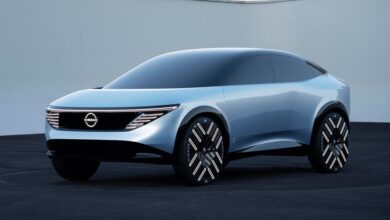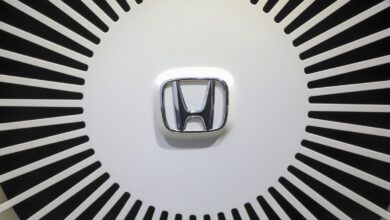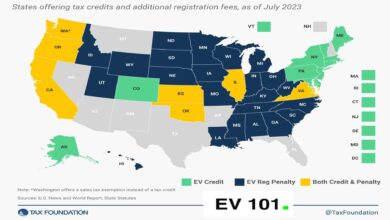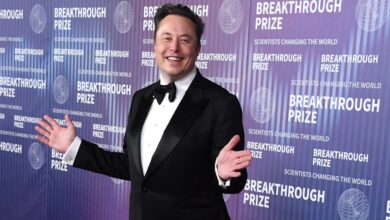US to impose new tariffs on Chinese clean-energy imports including EVs
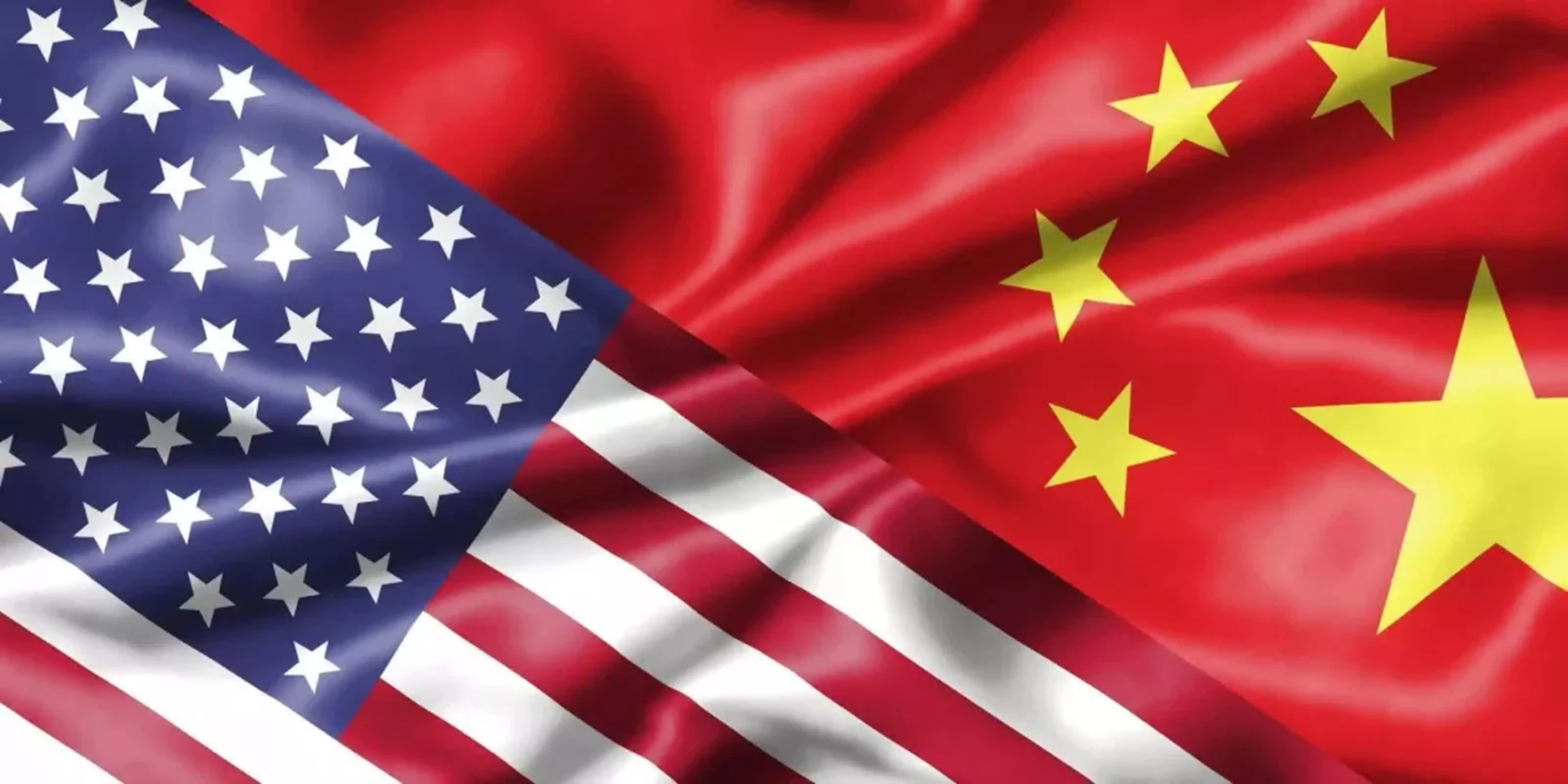
The big picture: The Biden Administration is determined to safeguard the US’ budding clean energy market, particularly its electric vehicle (EV) manufacturers, who may struggle to compete with more competitively priced products from overseas. China currently leads the US in research on numerous emerging technologies, notably electric batteries, where there’s a significant risk of Chinese dominance. However, this objective clashes with another key goal of the administration – reducing emissions.
The Biden Administration is poised to announce an increase in tariffs on clean-energy goods from China, encompassing electric vehicles, batteries, and solar cells. According to sources familiar with the matter, the tariff on Chinese EV imports will rise from 25 percent to 100 percent, while an additional 2.5 percent duty will be imposed on all automobiles imported into the US.
Sources suggest that the administration will make the announcement on Tuesday, although officials have cautioned that the timing could change.
The move comes as China appears to be gearing up to saturate the US market with exports of clean-energy goods, as its domestic demand cannot absorb the surplus from its factories. US officials are keen to shield the fledgling clean-energy market, particularly domestic EV manufacturers, who struggle to compete with China’s more affordable vehicles.
A report by an independent think tank last year found that China outpaced the US in research on 37 out of 44 emerging technologies, including electric batteries, posing a high risk of monopolization in these areas.
In the broader context, this increase in tariffs reflects growing US apprehension regarding China’s trade policies.
Last month, President Biden proposed raising tariffs on Chinese steel and aluminum. Additionally, the United States Trade Representative recently initiated an investigation into unfair practices within the Chinese shipbuilding industry, prompted by a petition from the United Steelworkers union. In February, Biden ordered an investigation into whether Chinese connected vehicles pose a national security risk.
The exact impact of these new tariffs on the US EV market remains uncertain. Chinese EV manufacturers have largely diverted their attention away from the US market due to existing tariff policies, instead focusing on emerging clean-car markets in countries such as Brazil, Israel, and Thailand. Notably, best-selling EVs in these nations are manufactured by BYD Co., the Chinese EV and plug-in hybrid maker.
To circumvent tariffs, China’s solar companies predominantly export to the US via third countries. However, this trade strategy is increasingly under scrutiny by US firms. Solar manufacturers are urging the US government to impose duties on $12.5 billion worth of imported equipment from Southeast Asia.
Ironically, limiting the import of affordable EVs from China could impede another key goal of the Biden Administration: reducing carbon emissions.
